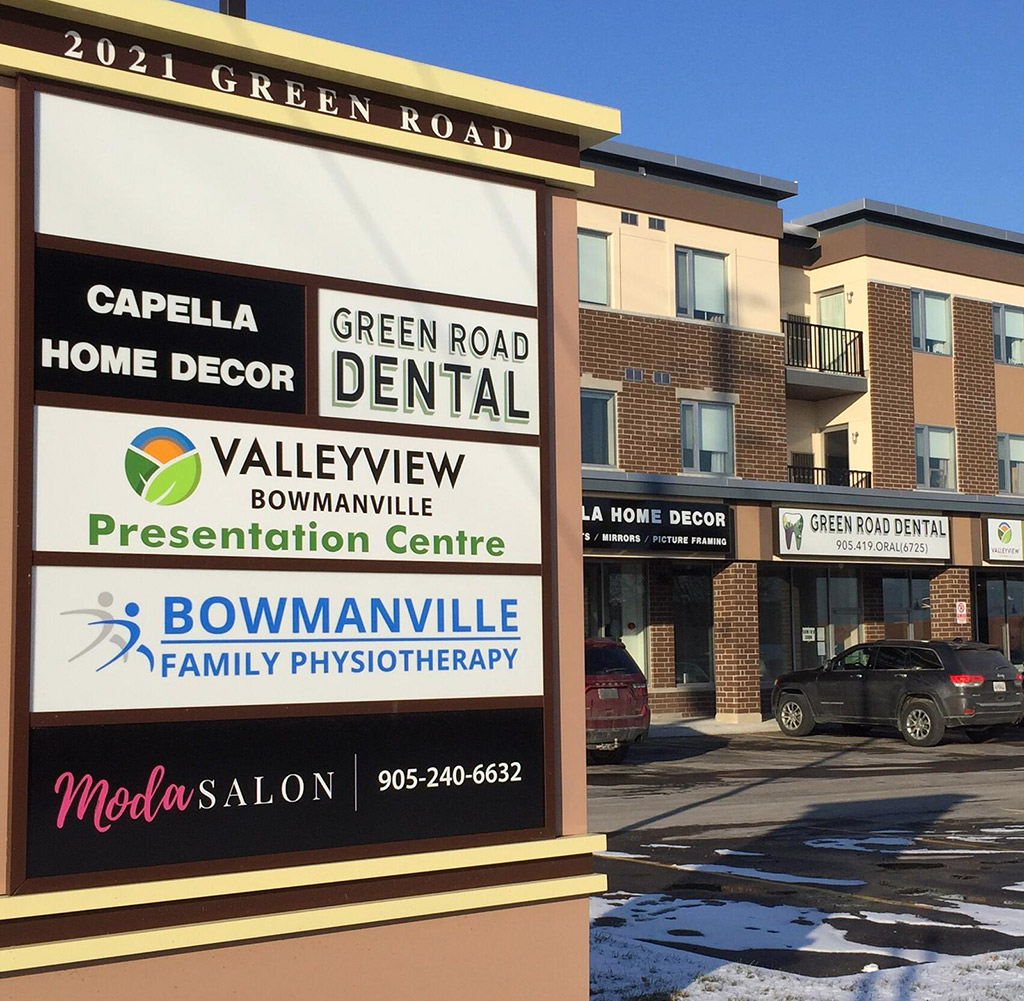Children's Dentistry
Pediatric Dentists provide "primary and comprehensive oral health care for children from infancy through adolescence. With specialized techniques of behaviour management and dental care (they) provide the diagnostic, preventive, therapeutic and consultative expertise required by children, including those with special care needs."
After completing four years of dental school, certified pediatric dentists have successfully completed a minimum of two additional years of specialty training in the field of pediatric dentistry and have passed a specialists' licensing examination.
Pediatric dental specialists focus on prevention and early detection of oral diseases found in children. Key aspects of a pediatric dental practice include:
- Preventing and treating dental decay (cavities)
- Fluoride treatment
- Treating and re-building the mouths of young children with nursing or baby bottle decay
- Educating parents on use of pacifiers, sippy cups, baby bottles, and thumb and finger habits
- Educating parents on growth and development
- Providing eruption guidance for the primary (baby) and permanent (adult) teeth to prevent or minimize the need for future orthodontic treatment
- Orthodontic treatment for poorly positioned teeth
- Treating teeth that have been injured in, for example, falls or accidents
- Providing oral health care for persons with significant medical, physical, mental or developmental disabilities
- Developing in their patients and parents positive attitudes toward dental care
- Working with pediatricians, other doctors and dental specialist to provide the best care for children through a team approach.
When should your child have the first dental visit?
According to the American Academy of Pediatric Dentistry, "The first dental visit should occur shortly after the first tooth erupts and no later than (your) child's first birthday."
Book an Appointment




